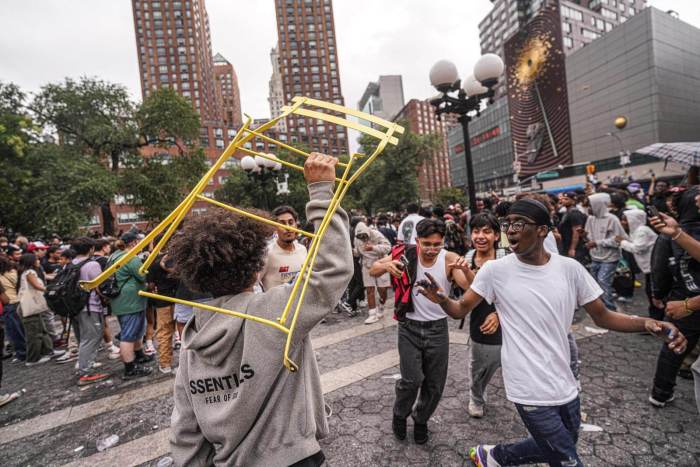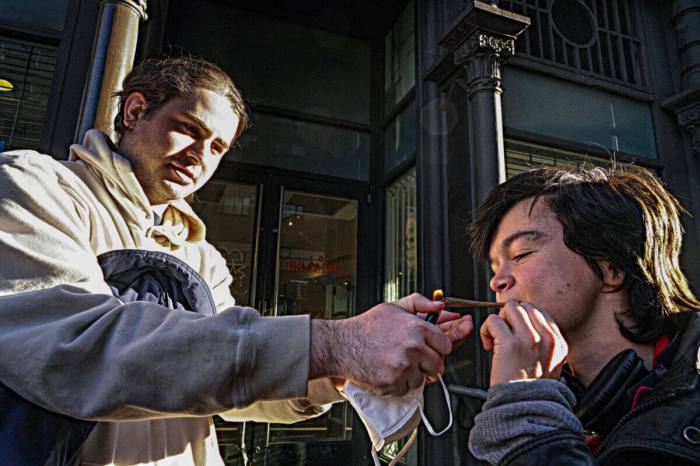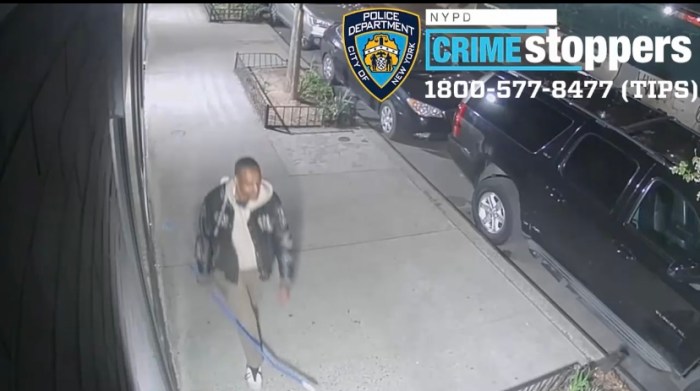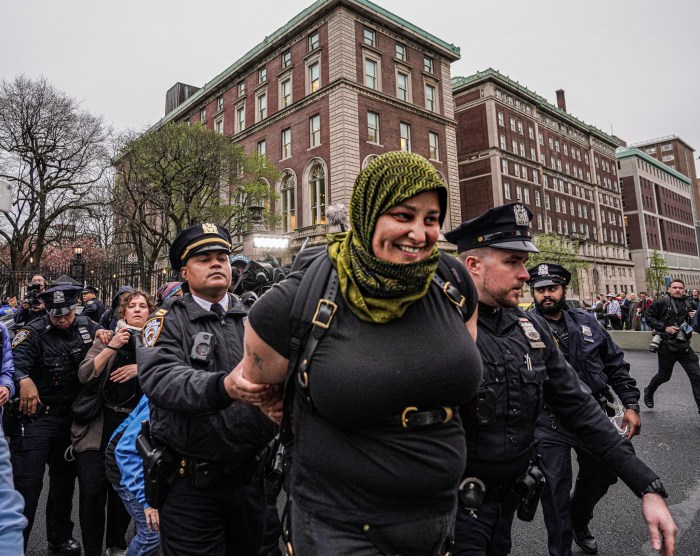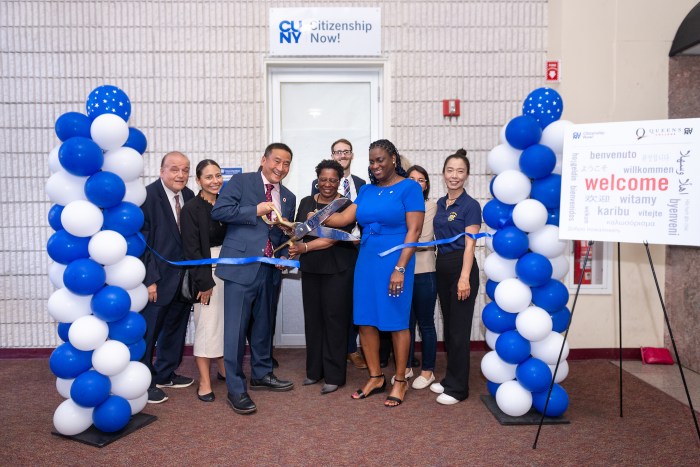
On March 25, 1990, a Cuban refugee had a fight with his ex-girlfriend at a dance club in the Bronx. He then set the club ablaze, killing 87 people in the process.
On Tuesday, that arsonist, Julio Gonzalez, 61, died after suffering an apparent heart attack in prison.
Here is a look back on what happened that fateful night, and the circumstances that led to the New York tragedy.
Before the fire
The Happy Land Social Club stood at 1959 Southern Blvd. in the West Farms area of the Bronx. But it shouldn’t have been opened on that fateful night.
In fact, more than a year before the fire, the building’s owner, Alex DiLorenzo III, had received an order to close.
The club had no state liquor license, had racked up building code infractions and was considered to be a fire hazard, according to a 1990 story in The New York Times.
But DiLorenzo ignored the order.
Fire inspectors later said they ended their surveillance of the building in January 1989, a week after finding the dance club open, because they believed it was the police’s job to make sure it stayed closed. Police who later visited the social club about a dozen times usually came during off-hours when the club was normally closed.
The night of
It was a Saturday night at the club, a favorite of Hondurans in the area. Many people were dancing, drinking and socializing.
Gonzalez got to the club between midnight and 1 a.m. and settled at the bar to drink a beer. He then got into a fight with his ex-girlfriend, who worked there in the coat check room.
They started shouting at each other, and the bouncer told him to leave, Gonzalez told investigators the next day.
“I’ll be back,” he recalled telling his ex and the bouncer. He later told investigators, “The devil got to me.”
About 15 minutes later, at about 3:30 a.m., Gonzalez returned with $1 worth of gasoline that he threw into the entryway before lighting a few matches and watching the flame ignite.
He left the club, but couldn’t help returning later on to watch, he told police during a videotaped statement in Spanish the next day.
When Gonzalez was picked up at his apartment, he had been sleeping and went willingly with police. Inside, cops found gasoline-soaked sneakers.
A total of 87 people died that night, all from smoke inhalation. Some suffocated so quickly they were found with drinks still in their hands, according to The New York Times.
The only burns they received were after they had died, the medical examiner found.
Only six people escaped, according to reports, including Gonzalez’s ex-girlfriend.
“All of a sudden I saw a flame, a low red flame that come up like this,” said Lydia Feliciano, testifying at Gonzalez’s trial the next year. “I was scared because I couldn’t believe what I was seeing, I said ‘fire’ but I said it to myself, and quickly the flames started to go up and made a noise like dry leaves … I screamed ‘fire, fire!’ ”
She said she ran out of the club with a few others and jumped into a taxi, opting not to call the fire department because she was scared Gonzalez would “grab me.”
The aftermath
By sundown that night, then-Mayor David Dinkins had ordered the inspection of 173 different social clubs in the city that had previously been shut down. He increased the number of personnel assigned to inspect the clubs from 10 to 200.
By April, the task force had shrunk slightly, but managed to inspect more than 800 illegal clubs.
In August 1991, Gonzalez was convicted of 176 counts — two counts for each death — of murder by depraved indifference to human life and felony murder. He was also convicted of first-degree arson and first-degree assault for injuries that were sustained by the club’s disc jockey who survived but suffered bad burns.
The next month, Gonzalez was sentenced to the maximum sentence of 25 years to life in prison.
Gonzalez was housed at the Clinton Correctional Facility, according to the Daily News, and lost his first bid for parole last year. He had a second parole hearing scheduled for November.










